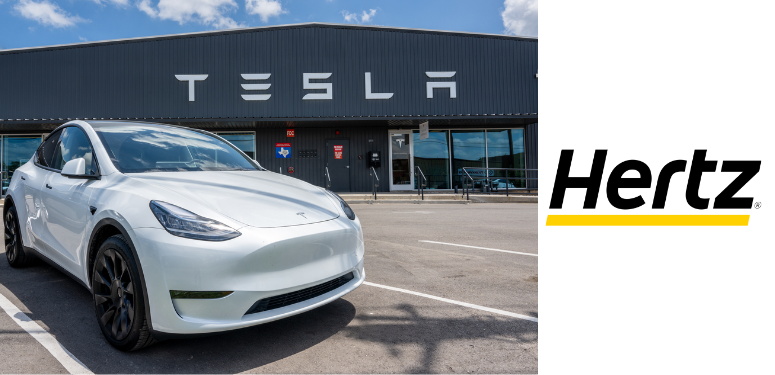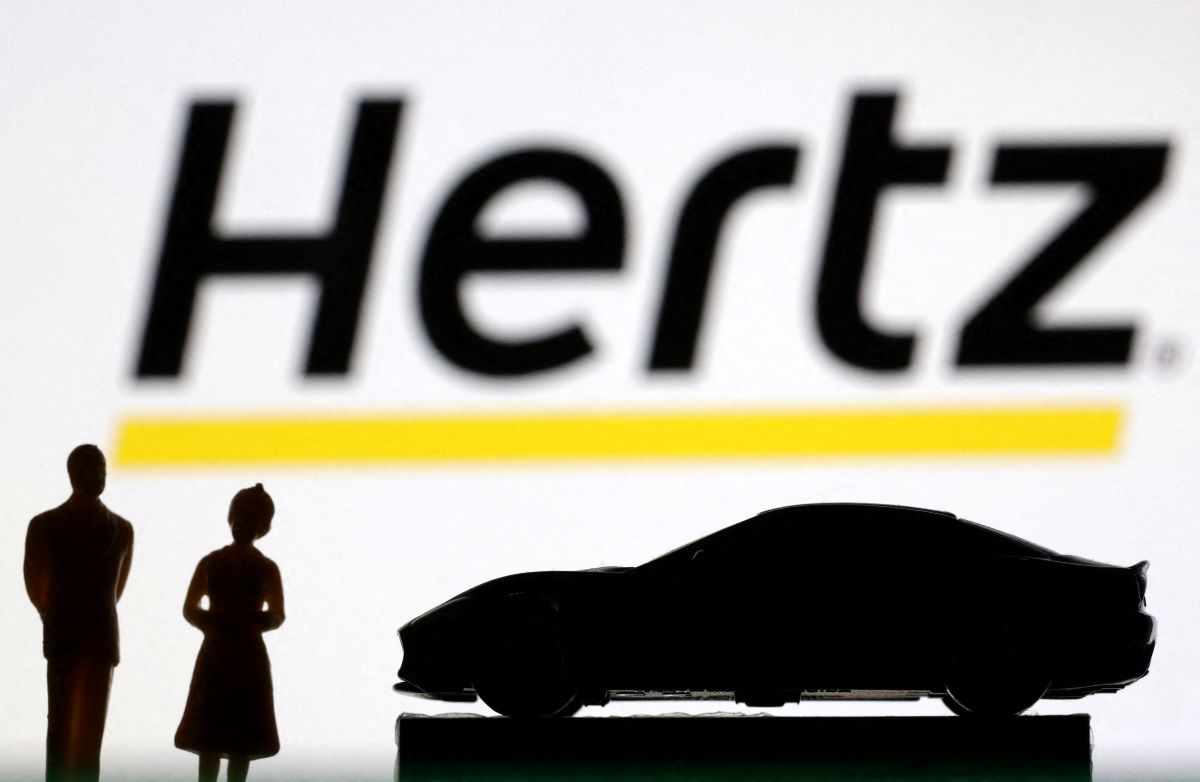Hertz, which has significantly invested in electric vehicles (EVs) in recent years, has decided to scale back its electric fleet. The company plans to sell off about a third of its electric vehicles, roughly 20,000 units, and use the proceeds to purchase more gasoline-powered cars.
Hertz executives have reported that electric vehicles have negatively impacted the company’s finances. Despite lower maintenance costs, EVs incur higher expenses for damage repairs and depreciate more rapidly.
“Collision and damage repairs on an EV can often cost about twice as much as those for a comparable gasoline vehicle,” Hertz CEO Stephen Scherr noted in a recent analyst call.
The decline in new EV prices, particularly driven by Tesla, has also reduced the resale value of Hertz’s used EVs.
Scherr explained that the drop in MSRP for EVs throughout 2023, largely due to Tesla’s pricing strategy, has decreased the fair market value of Hertz’s used EVs. This results in greater losses on salvage and a heavier financial burden.
In essence, as new car prices decrease, the resale value of used cars also falls. Hertz anticipates a loss of approximately $245 million from EV depreciation, averaging about $12,250 per vehicle, according to an SEC filing.
Although Hertz does not explicitly blame Tesla, it appears that the company is a significant factor. Tesla constitutes around 80% of Hertz’s EV fleet, and EVs make up about 11% of the company’s total rental fleet.

Tesla’s aggressive price cuts have led other automakers to lower their EV prices as well, driving down the value of these vehicles in the used car market and accelerating depreciation.
For rental car companies like Hertz, which frequently sell vehicles in the used car market, depreciation significantly affects their business and influences fleet decisions.
Additionally, Tesla’s relatively recent entry into the market means that it lacks the extensive parts supply network and trained repair technicians that established automakers like GM have. This lack of infrastructure makes repairs more costly and time-consuming, according to Hertz executives.
“There’s a well-established national parts supply network for traditional automakers,” Scherr said. “The aftermarket for Tesla parts is less developed.”
Moreover, Scherr mentioned that EVs, particularly Teslas, are involved in more accidents, which increases repair costs.
Hertz is actively working with Tesla to address these issues, including improving vehicle performance to reduce damage incidents and enhancing parts procurement and repair labor.
Hertz sells its used vehicles through auctions and directly to customers via its Hertz Car Sales website.






Leave a Reply